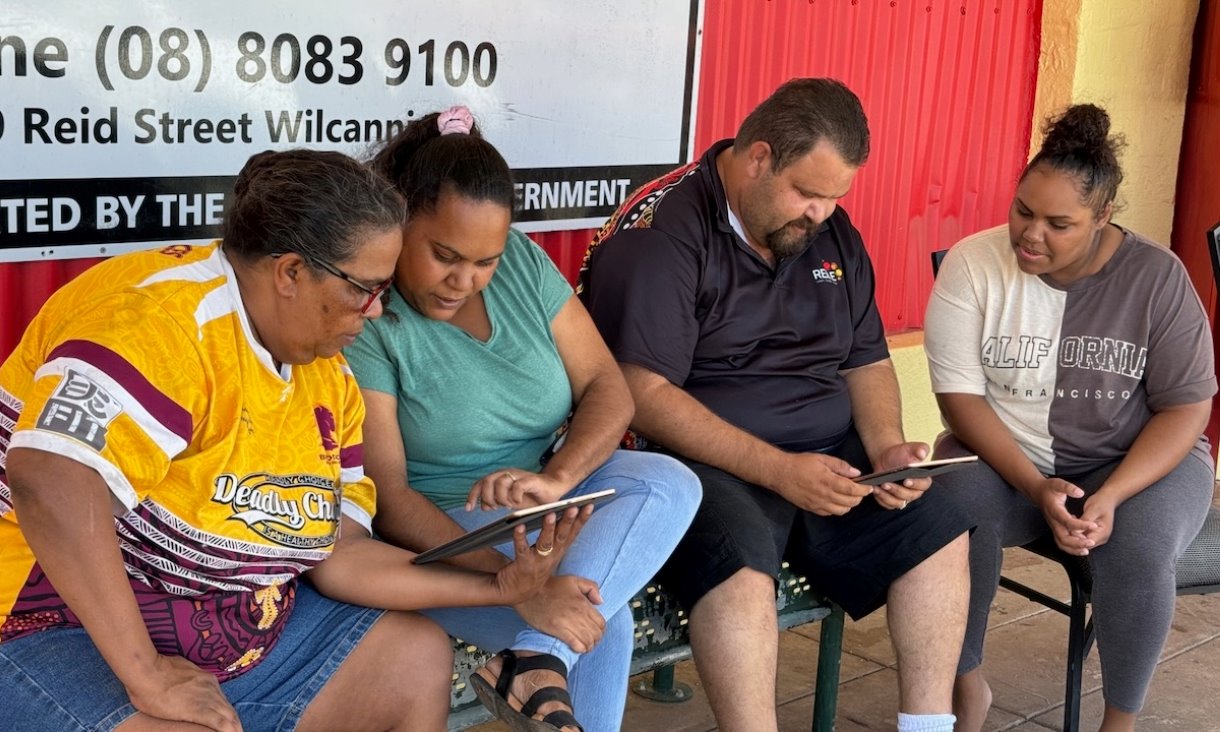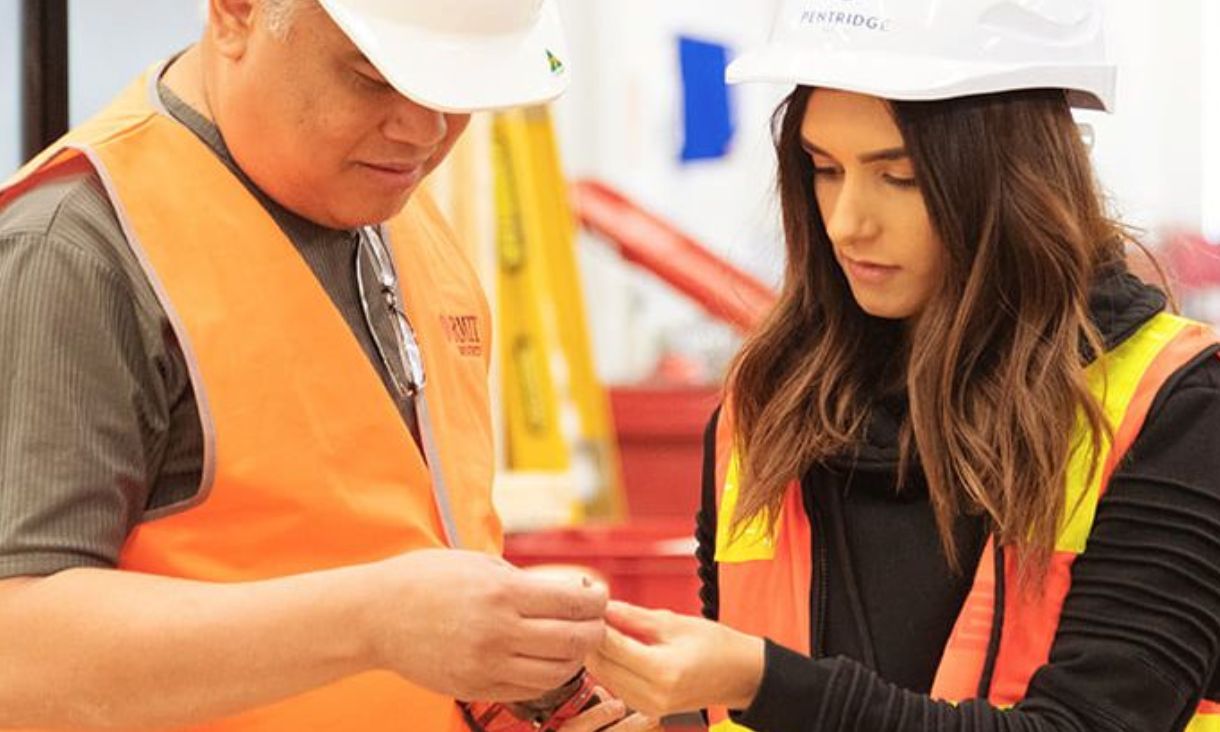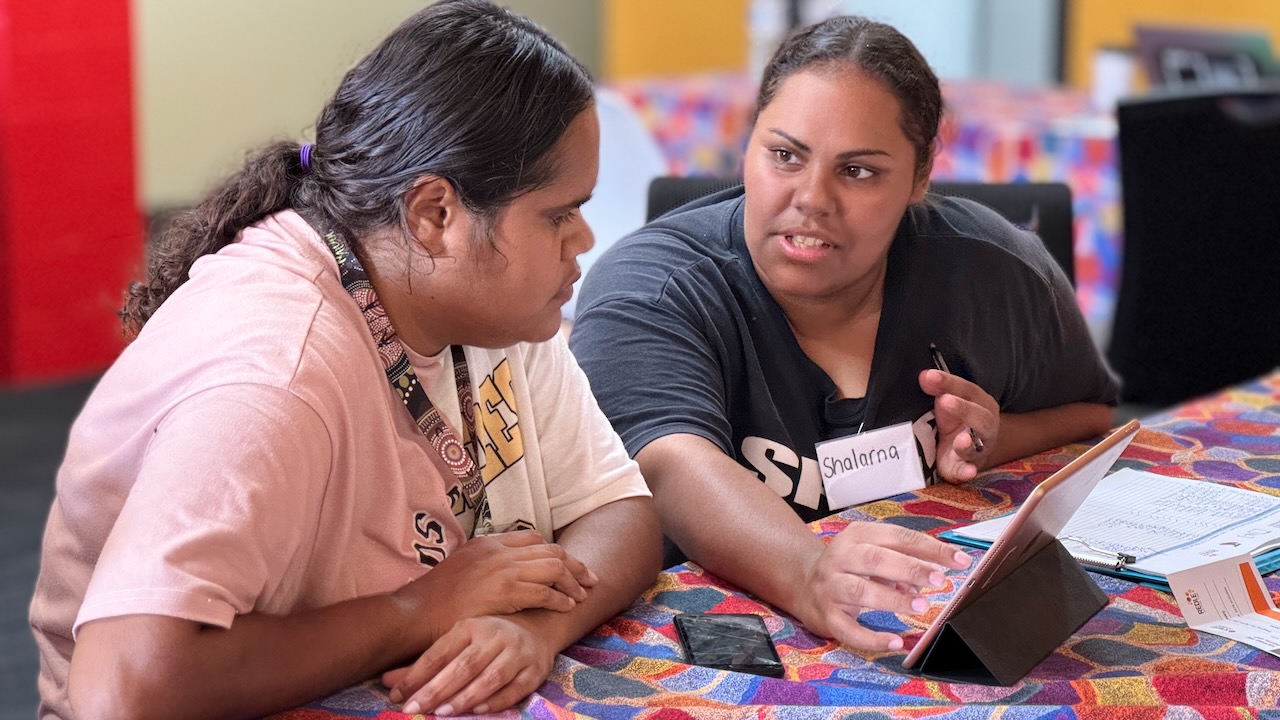Topics: digital health literacy, health literacy, healthcare, health policy, healthy living
Professor Kerryn Butler-Henderson, Director of Digital Health at RMIT University
“From pedometers, smartwatches to telehealth technologies, we’ve been relying on digital tools to help make health decisions for decades. The pandemic highlighted how important it was to understand health information and to know when something might be misinformation or disinformation.
“The same is true about digital health tools. We need to learn how to tell when a technology is safe to use, to understand what happens to your health data when it is captured in health technology, and how to interpret the data to be in greater control of our own health.
“Government, health services and health practitioners all play a role in providing the health literacy of our citizens – this starts with school-aged children.
“We need to focus on educating young people so they understand the importance of health data, information and technology.
“More needs to be done to address barriers preventing access for marginalised communities, including older Australians and people from culturally and linguistically diverse backgrounds.
“But we need more research studies to track our progress in this area and this could be helped by governments funding more studies and working towards targets.
“Ways we can be more health literate include taking an active role in your health, care and wellness.
“Ask your health provider questions and ask for resources to learn more about your health.
“Find a reliable source that you can trust for health information, such as a government website or a credible peak body that bases its information on peer reviewed published evidence.
“Read the reviews on health applications and technology before you use them and look to your local government for initiatives to skill up your leadership in your health and wellness goals."
Professor Kerryn Butler-Henderson is the Director of Digital Health at RMIT University. Kerryn recently contributed to the European Union-funded Global Atlas of Literacies for Health, one of the first interactive tools visualising levels of health and digital health literacy from evidence-based studies conducted with residents in Europe and beyond.
***
General media enquiries: RMIT Communications, 0439 704 077 or news@rmit.edu.au



.jpg)
